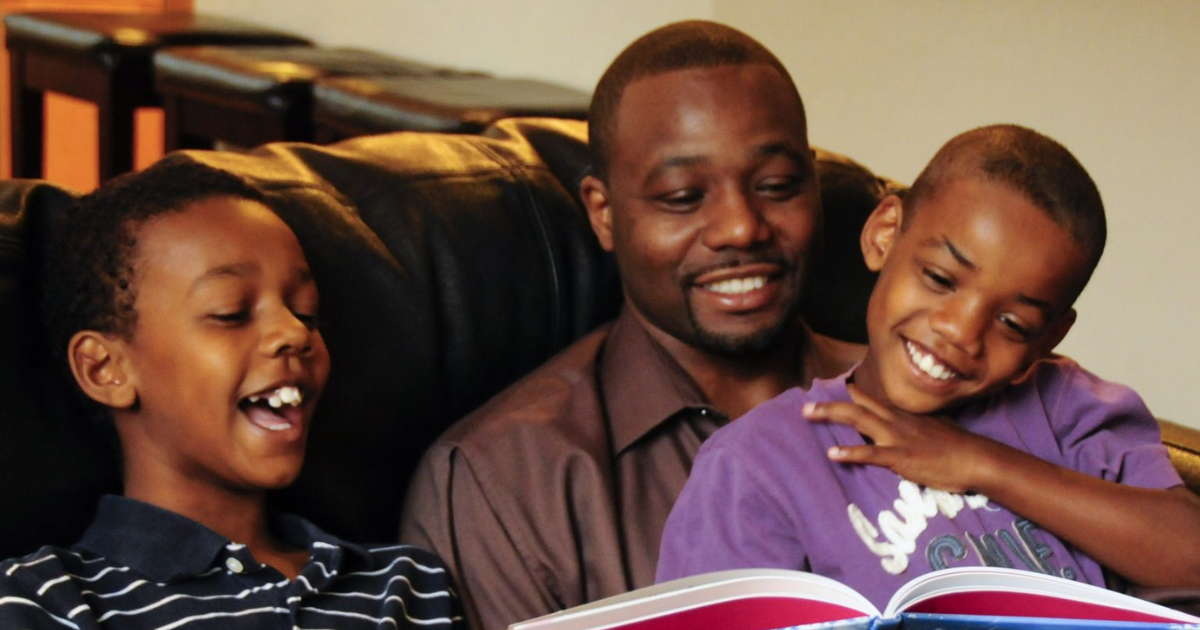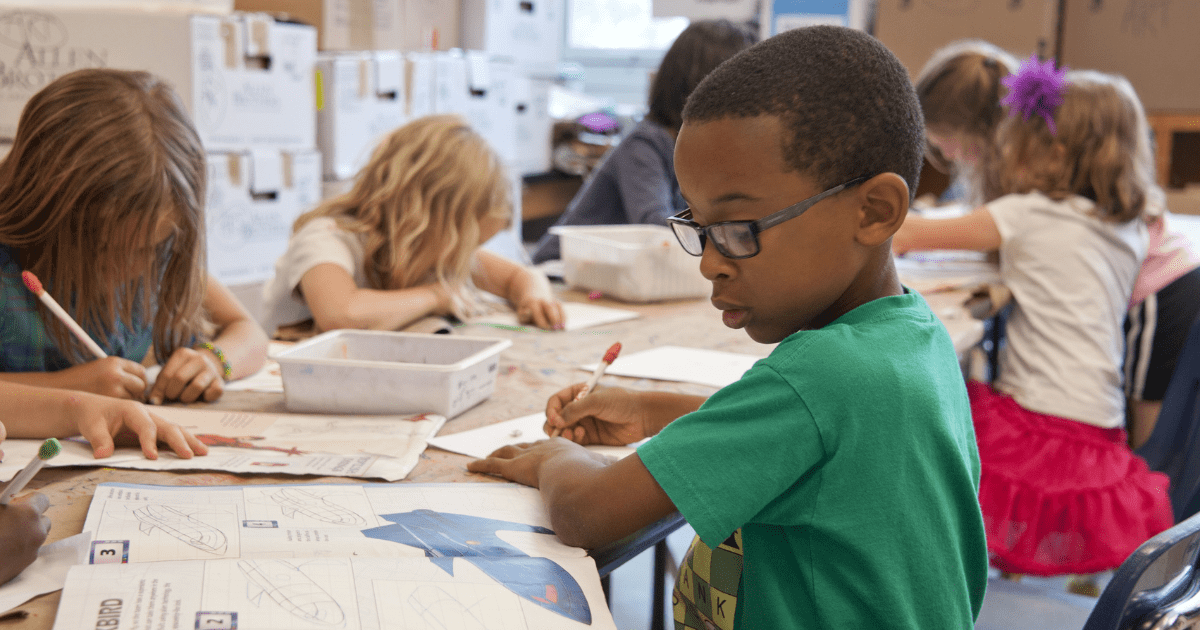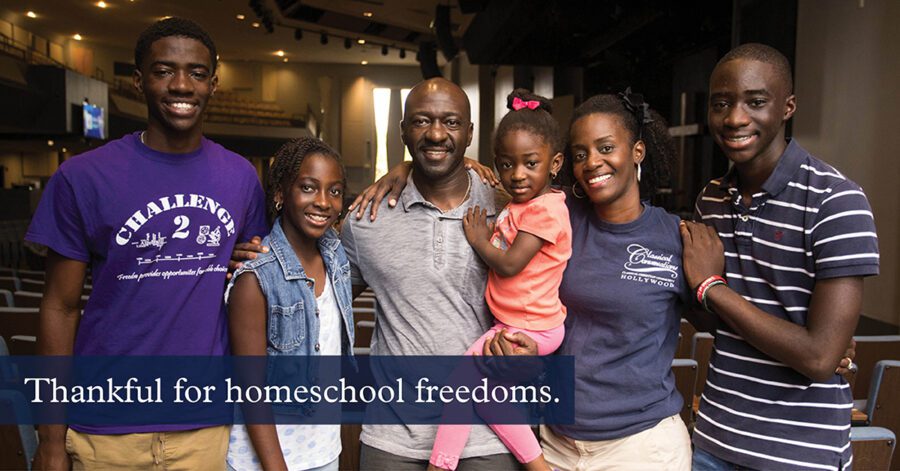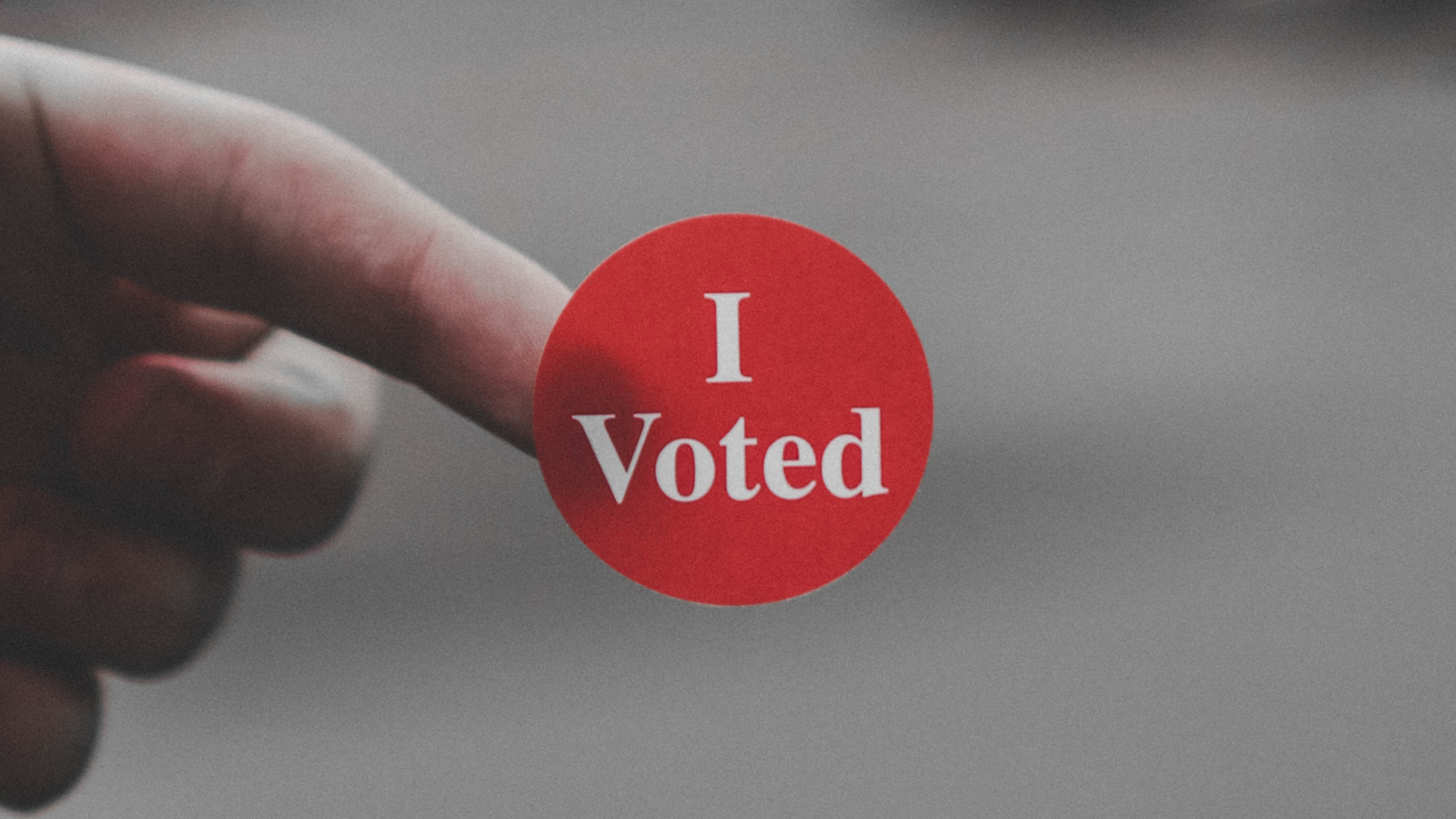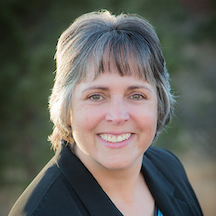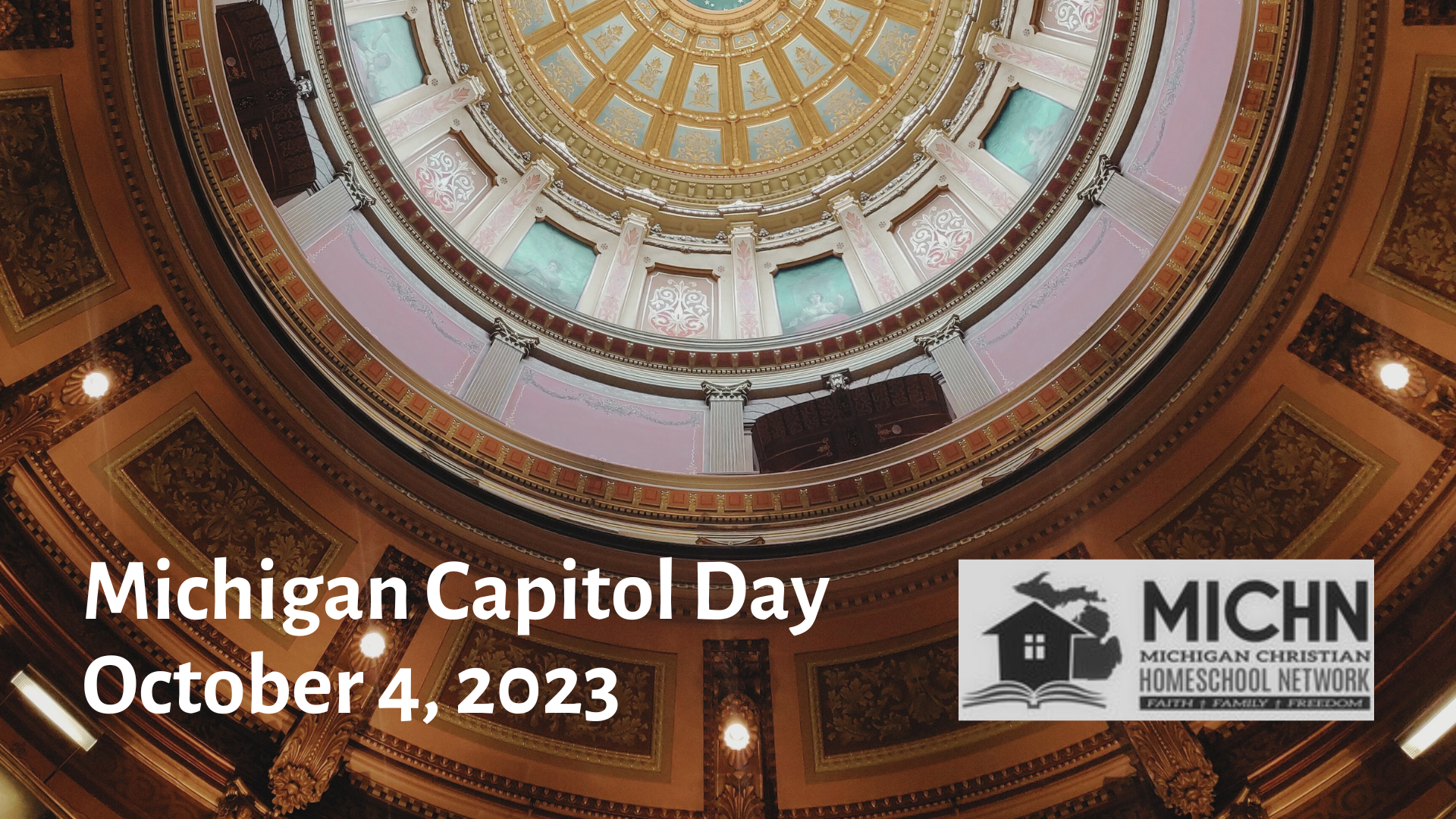By Lauren Gideon
I recently wrapped up a year leading Challenge A with Classical Conversations® students. On the last day of community, the students took turns reading their assigned persuasive essays. While each student chose their topic, two had chosen the same topic.
But they chose different sides!
After the second student finished reading his essay, arguing opposite the first, do you know what happened? Absolutely nothing! The entire class sat unfazed. They didn’t rush to take sides; they didn’t vote against or ‘cancel’ the minority opinions… no name-calling, and no identity crises. These students haven’t been taught to be offended.
Look at the Merits of an Idea
They have been taught to look at the merits of an idea as a distinct thing, regardless of the person, their character, their tribe, their emotions, their perceived urgency, and the many other distractions that keep us from discerning the idea’s own merit. We call these logical fallacies, and our students learn how to set them aside and ask, “Is this a good idea?”
The students’ non-reaction was profound. As adults in the classroom of the world, we know participants are almost always triggered. Public discourse revolves around every angle EXCEPT actual merit. If we want to be virtuous participants in this sphere, we must ask ourselves, “In what way do I need to remove similar logs from my own eyes?” With log-less vision, we can see issues more clearly.
Another hindrance to our clear vision is social cliques, is when everyone in our perceived tribe seems unified in their position, our objectivity becomes blurred. A prominent topic plagued with this emotional baggage is “school choice.”
School choice has nothing to do with providing more choices. Its singular operative action is to require taxpayers to fund alternatives to the state-provided option.
School Choice is Misleading
Some advocates of “school choice” begin their appeal through statistical arguments. A recent publication opened with the 2022 RealClear Opinion Research poll that argued that “72% of Americans support school choice—the ability of parents to choose the school that best fits their children’s needs.”1
Why is this significant? First, this communicates the sentiment that “virtually everybody agrees.” This says nothing about whether the viewers should agree with this issue or not. If this premise were asserted to my Challenge A students, they would instinctively reply, “So what?” We call this a bandwagon fallacy.
Additionally, the term “school choice” itself suffers from equivocation. Presently, educational options are legal and available in all fifty states, meaning that proponents equivocate “school choice” with “taxpayer funding for free-market products.”
School Choice forces Critics to take an “Anti-Choice” Position
Can you think of another political movement that has led this way? This idea has nothing to do with providing more choices. Its singular operative action is to require taxpayers to fund alternatives to the state-provided option. The question that needs an honest answer is, “Should they?”
Should taxpayers be forced to fund the free market? Moreover, how do legislatures ensure that this money is spent on the type of quality education that is in the public’s best interest (or the government’s interest)? What accountability will ensure the money is spent the way these well-intended policies prescribe? Historically, how well has state government performed this task within their current educational jurisdiction? To what degree could this idea affect the cost and quality of educational options? Does the free market stay ‘free‘ once it is taxpayer-funded? Fundamentally, do we want to expand state-sponsored regulated education or expand actual free-market educational choice?
This IS about a Choice
As the emotions rise among voices on both sides of this issue, remember that the collective conversation does obligate participants to regard sides or emotional manipulation. This issue, like all issues, ought to be about ideas and not the people who hold them. This IS about a choice. Let’s lay aside these culturally acquired discernment liabilities and use those beautiful, classical tools from Challenge A.
Check out these blogs and this website for additional information on school choice and educational freedom.

Lauren Gideon is the Director of Public Relations for Classical Conversations. She has been a home educator since her first student was born 18 years ago. She came to Classical Conversations for support when the student count in their home grew beyond what she thought she could navigate on her own. In addition to homeschooling her seven children, she co-leads community classes that unpack our nation’s founding documents and civic responsibility. However, she is happiest at home, preferably outside, with her husband of 18 years, tackling their newest adventure of building a modern homestead.
- “New Poll: Overwhelming Support for School Choice.” American Federation for Children. Accessed on 3/19/2024. https://www.federationforchildren.org/new-poll-72-support-for-school-choice/ ↩︎

